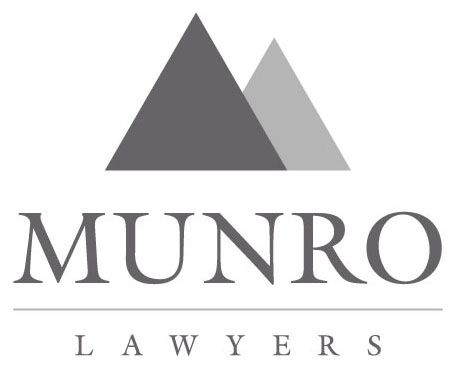Stamp Duty
Stamp duty is an issue faced by all entities involved in property transactions. Our office provides advice on all areas of stamp duty law including:
- The impact of stamp duty on the sale of a business;
- Stamp duty structuring for business acquisitions and corporate restructuring;
- Stamp duty issues related to trusts including the issue of resettlements;
- Stamp duty issues related to landholder provisions (this affects companies and unit trusts);
- Stamp duty issues related to mortgages, charges and other loan securities.
Besides providing stamp duty advice on the structuring of proposed transactions and business arrangements, our office also makes representations on behalf of our clients to the Office of State Revenue. This includes:
- The making of applications seeking that a stamp duty exemption apply to a client’s situation (this includes asking the Commissioner of Stamp Duty;
- Assisting clients in dealing with stamp duty audits and requests from the Office of State Revenue for information on certain transactions undertaken by clients; and
- Representing clients in stamp duty disputes with the Office of State Revenue (this includes litigating such disputes through the courts and tribunals, and negotiating settlements of such disputes.
Land Tax
Land tax is applicable to all land holdings in Australia except for land which satisfies the requirements of any of the following exemptions:
- The principal place of residence exemption (this exemption is for the family home);
- The primary production exemption (available for farm land); or
- The exemptions available for charities and religious organisations.
In deciding what type of entity should hold the family home or the family farm, individuals must balance asset protection concerns against the need to comply with the particular conditions of the particular land tax exemption they wish to qualify for. For instance a family home owned by a company which is the trustee of a family trust will not generally be entitled to claim the principal place of residence exemption and will be liable to pay land tax on such a land holding.
Our firm is able to provide advice on how individuals, businesses and organisations can structure their land holdings to take advantage of the land tax exemptions. Our firm is also able to provide advice on how land tax is imposed on where different entities such as companies and discretionary trusts own land.
Besides providing this advice our office also makes representations on behalf of our clients to the Office of State Revenue. This includes:
- Assisting clients in dealing with land tax audits and requests from the Office of State Revenue for information on land holdings of clients; and
- Representing clients in land tax disputes with the Office of State Revenue (this includes engaging in informal review procedures within the Office of State Revenue, litigating such disputes through the courts and tribunals, and negotiating settlements of such disputes).
Pay-roll Tax
Pay-roll tax is a tax faced by all growing businesses who take on new staff or outsource. It is a tax which is often overlooked in business expansion and business structuring plans.
Our firm is able to provide pay-roll tax advice which practically explains how pay-roll tax will affects a business’ expansion plans and how a business can minimises its pay-roll tax liabilities. In particular, our firm provides advice on:
- The contractor provisions of the Pay-roll Tax Act 2007 (“PTA”) (this affects businesses who engage contractors and subcontractors) ;
- The employment agency provisions of the PTA (this affects labour hire firms); and
- The grouping provisions of the PTA (this affects businesses who operate through a number of different entities such as companies and trusts).
The grouping provisions of the PTA are particularly important to be aware of as an inadequate structuring of business entities can lead to a denial of the tax free threshold for pay-roll tax and a higher pay-roll tax liability.
In addition to providing pay-roll tax advice, our firm also makes representations on behalf of our clients to the Office of State Revenue. This includes:
- The making of applications to the Commissioner to exercise his discretion not to group entities of a business under the grouping provisions of the PTA;
- Assisting clients in dealing with pay-roll tax audits and requests from the Office of State Revenue for information on certain transactions undertaken by clients; and
- Representing clients in pay-roll tax disputes with the Office of State Revenue (this includes engaging in informal review procedures within the Office of State Revenue, litigating such disputes through the courts and tribunals , and negotiating settlements of such disputes.
